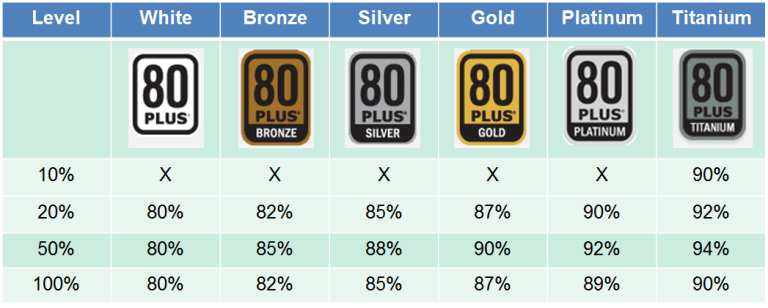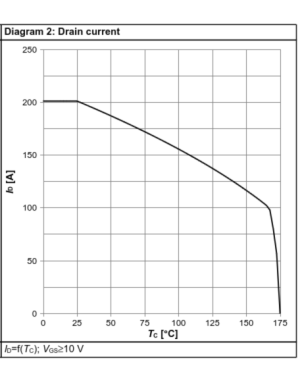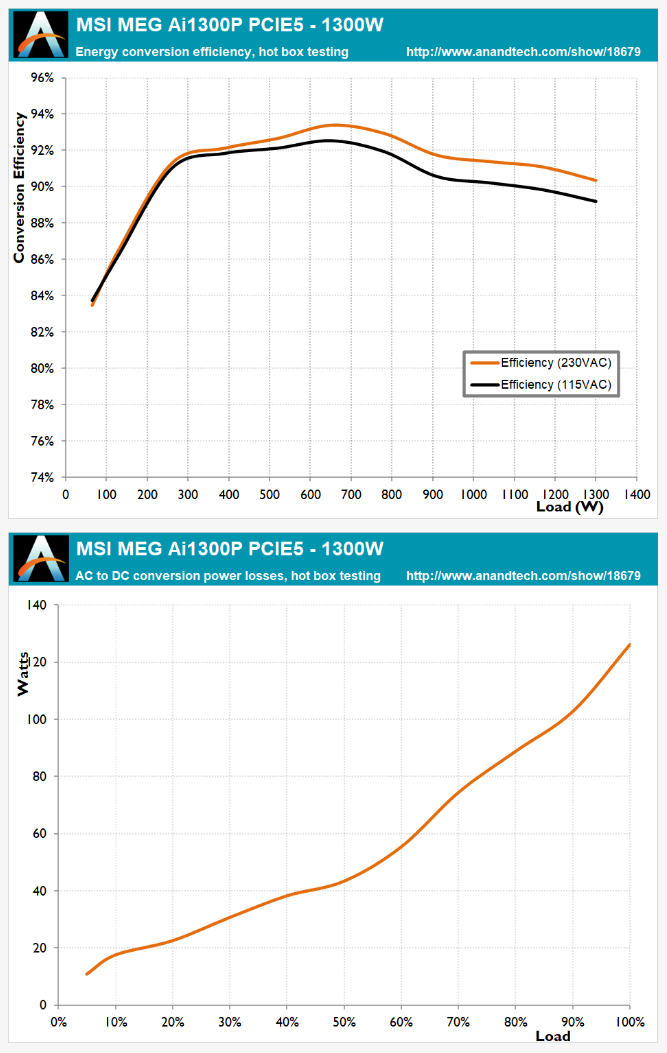cardboardbox
Weaksauce
- Joined
- Apr 4, 2014
- Messages
- 105
I dont know if I did anything wrong but my new 7700x/6700xt build is sucking 2x or more power than my previous gaming rig. Here's what I have now:
7700x
XFX 6700xt
32gb ram
1 m2 ssd
1 sata ssd
1 2.5" hard drive (will be removed later this year when I add another m2 ssd)
550w psu
I know the PSU is weak and I will upgrade it soon, thought I could get away with it.
Here is my old rig for reference, try not to laugh, lol:
i7-4970
Sapphire 5700xt
16gb ddr3
2 sata ssd
600w psu
I'm testing with some older games, right now its The Outer Worlds Spacer's Choice Edition. The 7700x build is at 700w at the main menu while the old 4970 rig is at 345w. I know my newer parts use more power but not 350w more. I'm using the same settings in the game on both systems. The reason I started checking out power consumption is the new build loses video output regularly so I got suspicious that my power supply wasnt supplying enough power.
Any idea what I'm doing wrong or is the power consumption about what you'd expect?
edit: just realized that I'm using a 600w in my old pc, I'm an idiot. Will upgrade the PSU in the new pc today if I have time
edit2: This website says I need a 500w PSU https://outervision.com/power-supply-calculator
edit3: I changed maximum cpu state to 99%, that saved 30 watts, did the auto undervolt in Adrenalin, that saved another 25, but then I capped my fps at 60 in the game and that saved 200 watts. Its been a loooong time since I had a pc that would give me 100 fps at any resolution so I didnt realize to do this. 60 fps is fine for me. I'm still curious how I'm idling at 130-160watts though. Adrenalin shows my cpu using 0.7w and gpu 7w.
7700x
XFX 6700xt
32gb ram
1 m2 ssd
1 sata ssd
1 2.5" hard drive (will be removed later this year when I add another m2 ssd)
550w psu
I know the PSU is weak and I will upgrade it soon, thought I could get away with it.
Here is my old rig for reference, try not to laugh, lol:
i7-4970
Sapphire 5700xt
16gb ddr3
2 sata ssd
600w psu
I'm testing with some older games, right now its The Outer Worlds Spacer's Choice Edition. The 7700x build is at 700w at the main menu while the old 4970 rig is at 345w. I know my newer parts use more power but not 350w more. I'm using the same settings in the game on both systems. The reason I started checking out power consumption is the new build loses video output regularly so I got suspicious that my power supply wasnt supplying enough power.
Any idea what I'm doing wrong or is the power consumption about what you'd expect?
edit: just realized that I'm using a 600w in my old pc, I'm an idiot. Will upgrade the PSU in the new pc today if I have time
edit2: This website says I need a 500w PSU https://outervision.com/power-supply-calculator
edit3: I changed maximum cpu state to 99%, that saved 30 watts, did the auto undervolt in Adrenalin, that saved another 25, but then I capped my fps at 60 in the game and that saved 200 watts. Its been a loooong time since I had a pc that would give me 100 fps at any resolution so I didnt realize to do this. 60 fps is fine for me. I'm still curious how I'm idling at 130-160watts though. Adrenalin shows my cpu using 0.7w and gpu 7w.
Last edited:
![[H]ard|Forum](/styles/hardforum/xenforo/logo_dark.png)



